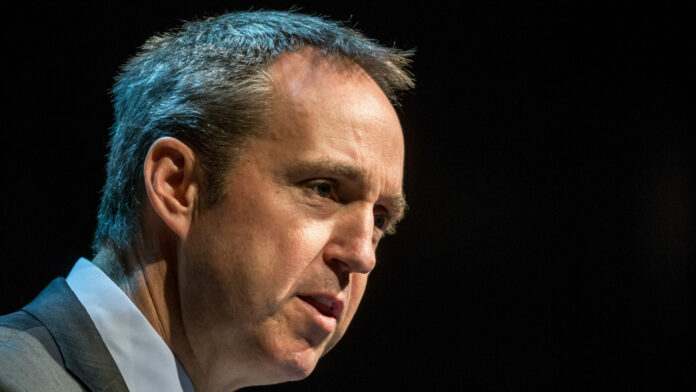
SOUTH32 will not pay a premium for control of manganese assets it shares in joint venture with Anglo American, the Australian firm’s CEO Graham Kerr has said.
Anglo may sell its 40% stake in two manganese mines in the Northern Cape which produced 2.11 million tons of ore in South32’s 2023 financial year (June ended). South32 owns the controlling 54.6% stake in the assets.
Anglo is selling assets in terms of a major restructuring its CEO Duncan Wanblad unveiled in May in order to throw the spotlight on the potential of its copper. Wanblad has not specifically said the manganese mines are for sale, but he has already made a statement of intent in setting down plans to sell the firm’s 85% stake in De Beers and unbundle its 79.2% stake in Anglo American Platinum.
The restructuring would be done “for value”, Wanblad said. But the notion of value will certainly come into play based on Kerr’s comments. “We’re not going to pay a control premium for something we already run,” Kerr told News24 in an article on Friday.
A potential sale of the mines comes at an interesting time. The manganese market has often disappointed, but an uptick in pricing is expected this year after a cyclone damaged South32’s GEMCO facilities in Australia which supplies about 13% of world demand.
South32 increased its saleable production of manganese 8% to a record 1.64Mt in the nine months to end-March “as the operation delivered improved mining performance and planned maintenance was deferred to June quarter. Financial year 2024 guidance remains unchanged at two million tons,” it said.
News24 also reported that a strategy by state-owned ports and rail company Transnet to open up manganese railing capacity on the Sishen line appeared to have backfired. Commenting that major players controlled 94% of the manganese market in South Africa, former Transnet CEO Portia Derby said in October 2022 that in new contracts 15% of existing capacity would be shared with smaller, black-owned companies.
But on Friday News24 quoted Kerr as saying the 15% of capacity was currently idle, although he acknowledged that new entrants might take up the allocation as prices for manganese improved. In general, Kerr was critical of the move. He said juniors “tend to come and go” adding “we’ve been the backbone. We would have preferred that Transnet continue to expand the network to create the opportunities for the 15% without taking 15% of our business away,” he said.










